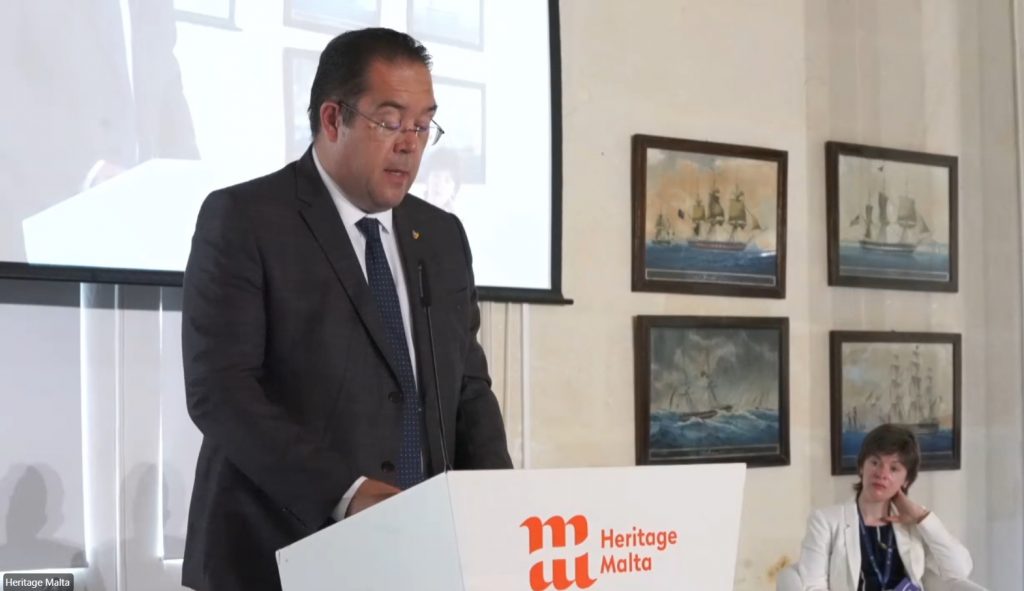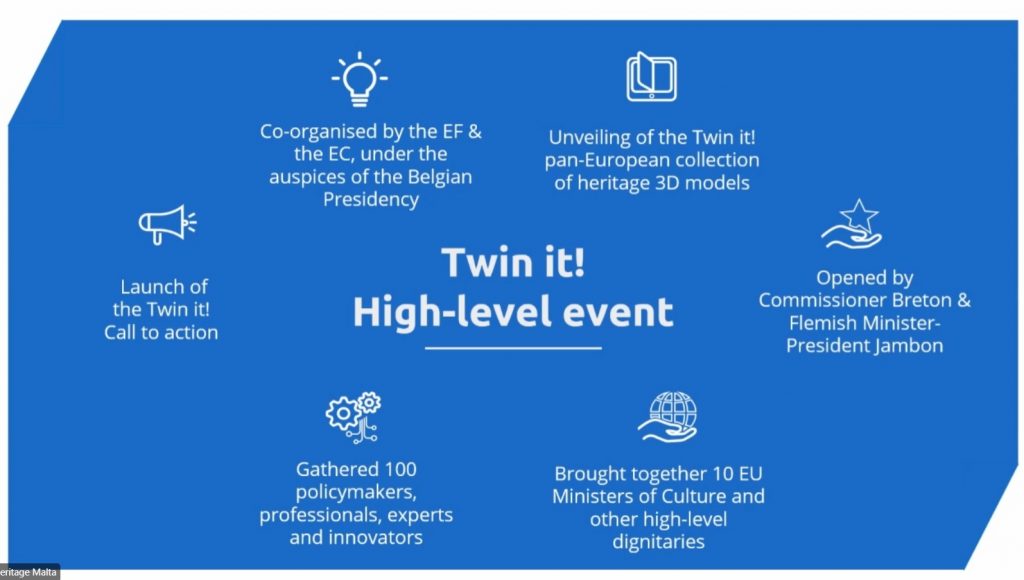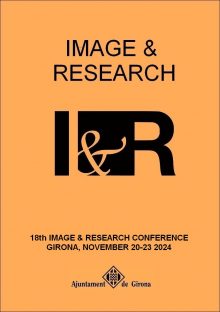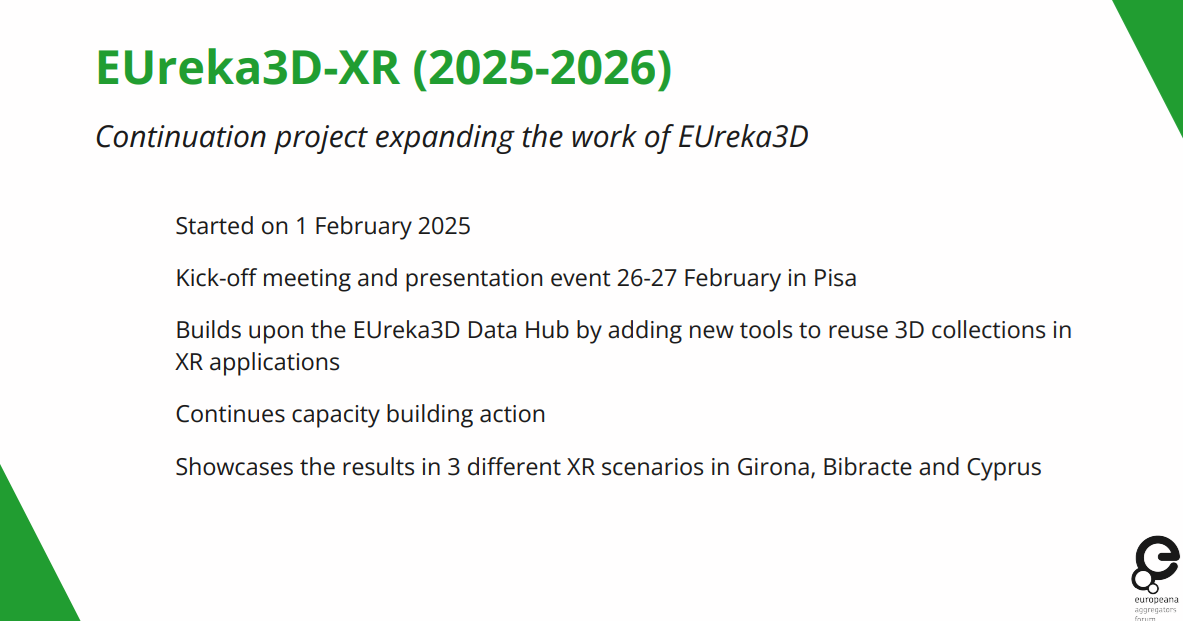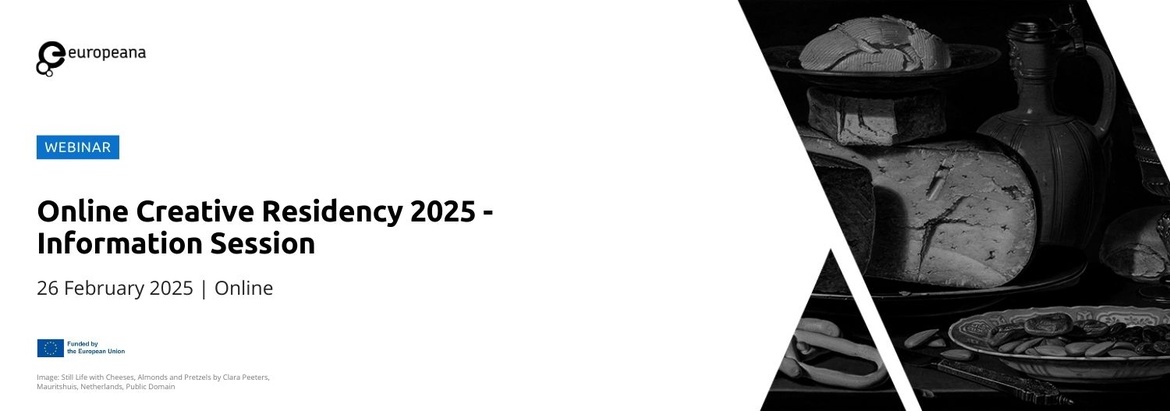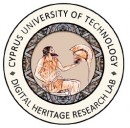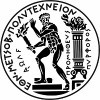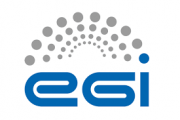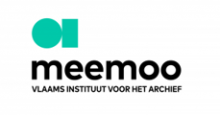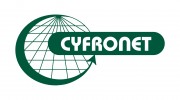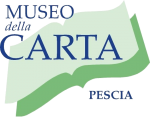Human activity has irrevocably impacted our oceans, posing significant threats to both marine ecosystems and cultural heritage. The conference “Clean Oceans and Mapping our Seas” seeks to address these pressing issues by bringing together experts, stakeholders, and enthusiasts to explore innovative digital solutions and strategies that can be used to aid the documentation and interpretation of these issues on cultural heritage.
The conference aims are to:
- Raise awareness about the interconnection between clean oceans and the preservation of maritime cultural heritage.
- Showcase advancements in digitization technologies for documenting underwater cultural heritage.
- Foster collaboration and knowledge exchange among stakeholders, including museums, research institutions, and government agencies
In addition, the conference examined the vital link between tourism and cultural heritage sustainability, demonstrating how digital preservation can drive tourism while ensuring the longevity and authenticity of cultural sites for future generations.
Full Programme: https://maltamaritimemuseum.mt/cleanoceans/
EUreka3D project was part in this hybrid conference event on 19 June 2024, in the context of the session “Traditional Boat Digitization: Case Studies from Cyprus, Malta, and Norway”, where Marinos Ioannides, Director of the Digital Heritage Research Lab at Cyprus University of Technology, presented outcomes and stories behind the 3D digitisation project that created a fully documented memory twin of the traditional Lambousa boat, a cultural monument of Cyprus heritage.
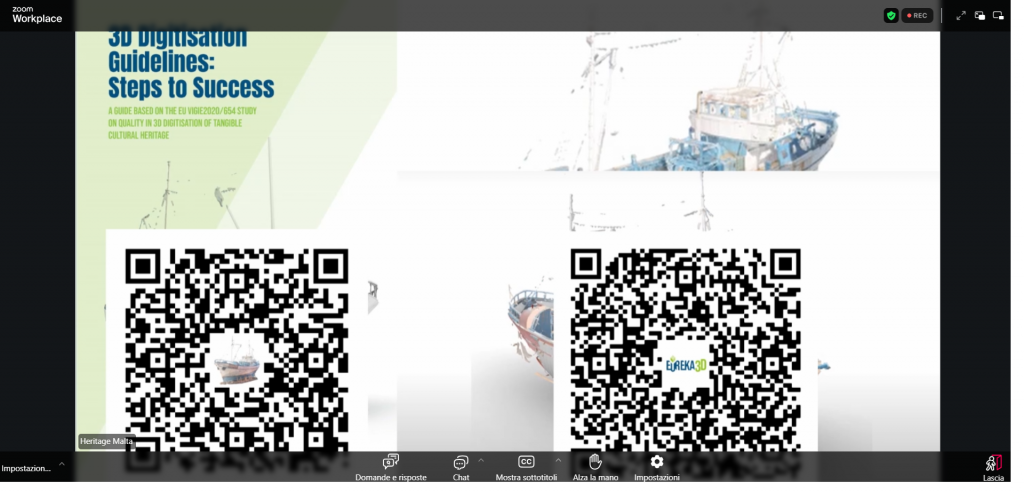
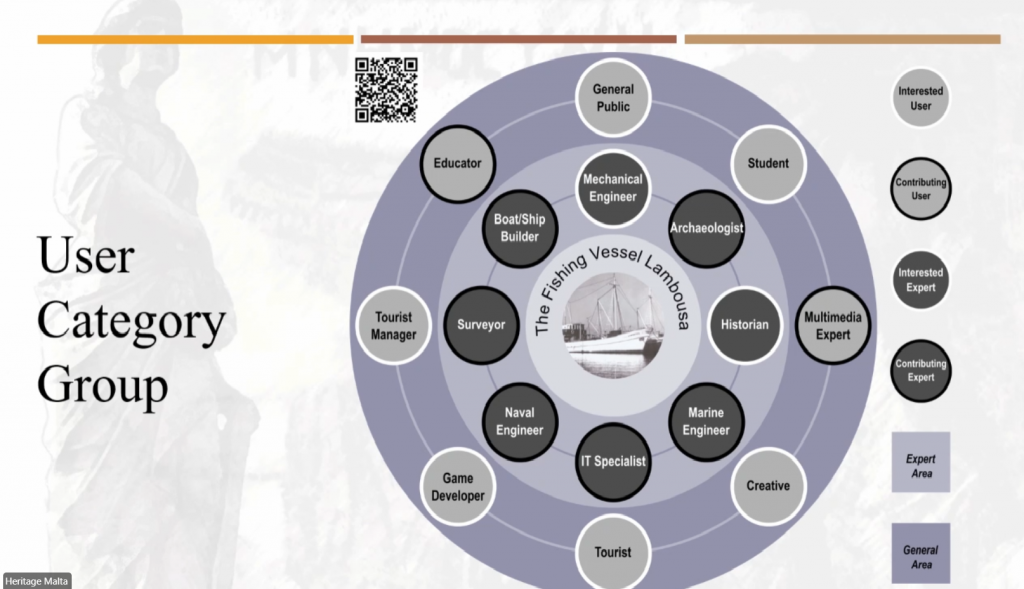
The Lambousa boat is one of the high quality records produced in the context of EUreka3D project, also offered as open access resource into Europeana as part of the TwinIt! campaign, successfully concluded and celebrated in Brussels in May 2024. This important effort on creating and promoting 3D digitization of European heritage was also presented in the conference by Valentine Charles, Data Services Director at Europeana Foundation.
